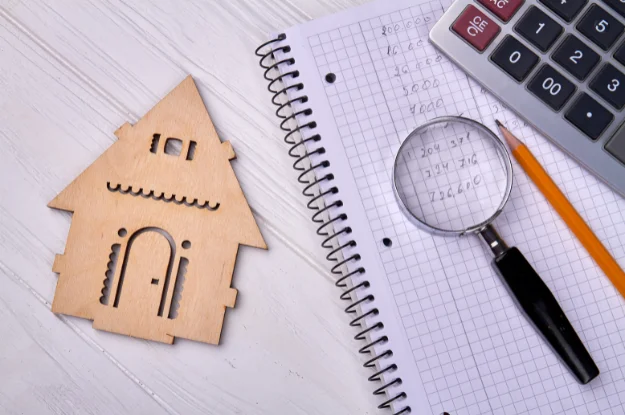Property valuation is an essential process that helps determine the market value of a property. Whether you are buying or selling or simply want to know a property’s worth, it is crucial to understand how property valuation works. In this beginner’s guide, we discuss everything from the basics of the valuation process to what to expect during the valuation process. Are you interested in learning more about property valuation and how hiring Sydney property valuers can benefit you? Keep reading for everything you need to know.
How Property Valuation Works
Property valuation determines the most probable market value of a property – how much you’d get for it in the current market. However, a property may surpass the estimated value in a competitive property market.
During a property valuation, property valuers factor in various aspects, including;
- Current property market conditions
- The size of the building and the land where it stands
- Stats from the latest property sales in the area
- A property’s location – travel sustainability, proximity to various amenities, and council zoning
- Topography and layout of the property
- The overall condition of the property
- The number and type of rooms on the property and their fittings and fixtures

When Do You Need a Property Valuation?
There are various instances where a property valuation is needed. They include;
- If you are getting financing to purchase a property, your lender may require a property valuation to determine how much to lend you for it.
- If you’re buying a property and don’t want to pay exorbitantly over market price, you can have it valued by professional property valuers.
- If you’re selling your home or property, you can have your property valued to help you set an unbiased asking price.
- If you’re refinancing the loan on your home, your lender will require an up-to-date valuation to determine your equity.
- If you’re executing a deceased or disputed estate and you need a formal property valuation
In most cases, you’ll have to organize your property valuation directly with the property valuers. But if you’re getting a new home loan or refinancing an existing one, your lender will most likely organize the process. Learn about home appliances budgeting and financing options
Property Valuers
If you’re hiring a property valuer, check to ensure they’re certified and qualified. Some property valuers work independently while others are contracted by lenders and banks. You can check if an independent property valuer is certified by checking if they are a member of the Australian Property Institute. They must also be registered as a Certified Practicing Valuer(CPV).
Property Valuation Vs Appraisal
You may have heard the terms property valuation and property appraisal thrown around with no definite distinction. Well, here are the key differences between the two;
- As mentioned earlier in this post, a property valuation is an assessment of a property’s current market value. A property appraisal, on the other hand, is an estimate of a property’s market value.
- Property valuations are conducted by qualified property valuers while property appraisals are performed by real estate agents.
- An independent property valuation may cost between 300 and 600 dollars – your bank or lender may also foot the valuation cost or add it to your home loan costs. Property appraisals are usually free or part of a concierge service.
- A professional property valuation may hold some legal standing but an appraisal has no legal standing whatsoever.
- As seen above, a property valuation comes in handy in property disputes, to secure a home loan, or to calculate equity when refinancing a home loan. On the contrary, a property appraisal is usually used by sellers to determine an estimate of how much their property would go for in the market.
What are the Benefits of Professional Property Valuation
There are several benefits of professional property valuation, including:
- Negotiation Power
With an accurate valuation report in hand, property owners and buyers can negotiate more confidently as they have a clear understanding of the property’s market value.
- Better Financial Planning
You can use your formal property valuation as collateral for loans or as a basis for refinancing. Property valuation can also help buyers determine their budget for purchasing a property.
- Legal Proceedings
Property valuation is often required for legal proceedings, such as divorce settlements or property disputes. An accurate valuation report gives you or your attorney a strong basis for legal arguments and decisions.
- Taxation
Property valuation can also be used for calculating property taxes or for estate planning and management.
If you are keen on determining the most accurate and current market value for your property, it would be best to hire a property valuer. Moreover, formal property valuation comes in handy in various legal situations including property buying and selling and estate execution.


